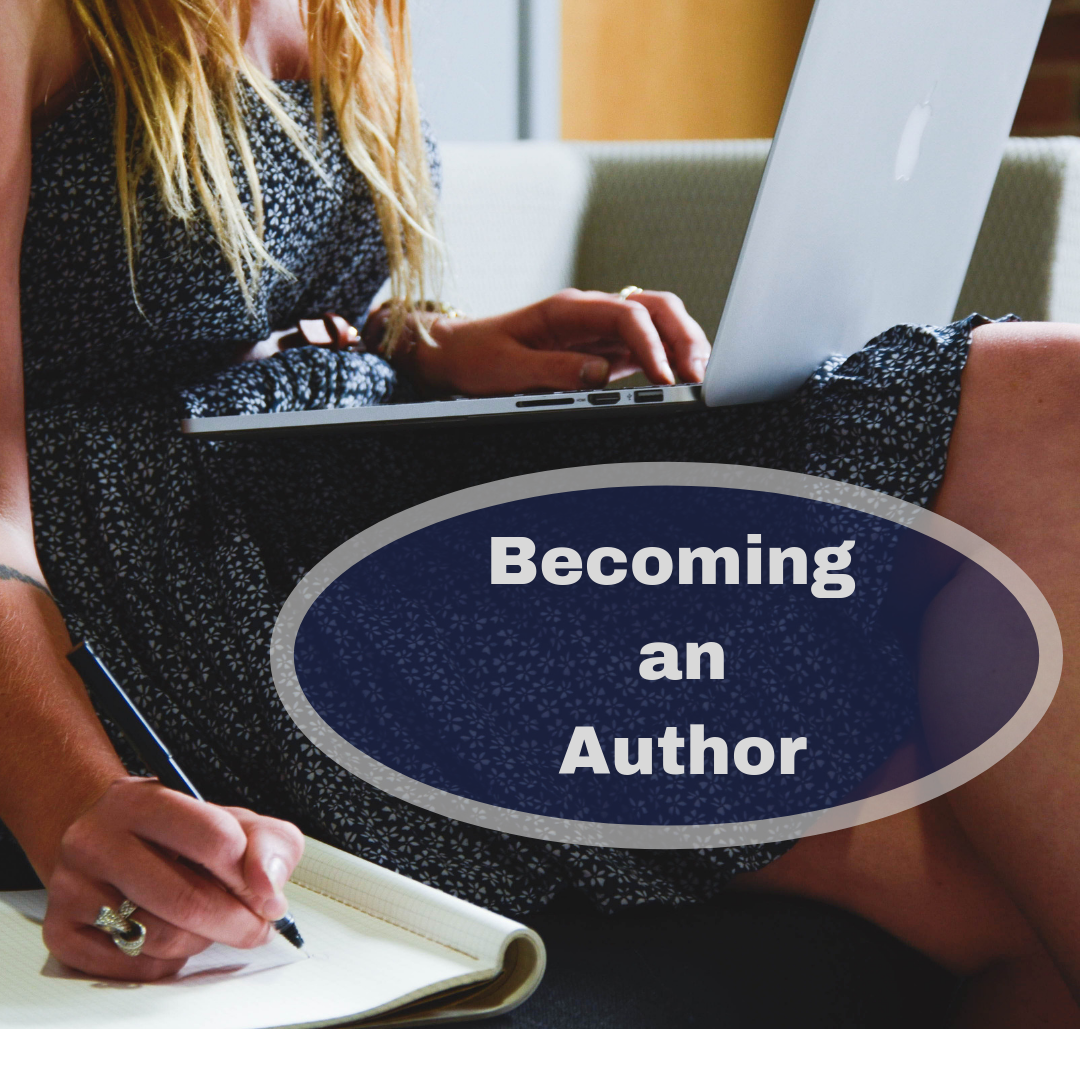When I was a teen, I loved to read. I loved to write. And I loved to read about writing. I was just as thrilled to receive a copy of Self-Editing for Fiction Writers as I was The Hunger Games. These books—the ones that taught about how to write and edit compelling fiction—stirred my passion. It was thrilling to witness how the reading experience of my stories improved, too, when these tips were applied!
Now, when I mentor aspiring authors or meet them at conferences, I try to recommend at least one book. I know they’re invested in their careers. They don’t allow pride to hold them back from becoming even better writers. It’s this dedication that may someday result in publication. And the result of these studies will be evident in their manuscripts. It will be worth it when an agent shows appreciation for their lack of “telling,” or when an editor can save some of his/her red ink because of the lack of exclamation marks.
So, are you ready to become an educated writer, too, and build your library of writing resources?
Below are the top 5 books that have most benefited my writing.
I am a huge advocate for any craft book
written by Susan May Warren. She has helped this character-driven novelist
understand how to create an organic plot that stems from the character journey.
I can’t recommend her teachings through My Book Therapy highly enough! (No,
this isn’t sponsored.) 
This was the first writing craft book I bought as a teen. I devoured it. What I found to be most beneficial was how it covered various aspects of the craft and career—from plotting and building characters, to blogging and book signings. Although some of the content may be outdated, Christian novelists can still treasure some of the timeless advice found here.
After I wrote what would become my debut novel, I was clueless about fiction “writing rules” and expectations. Reading this book helped me to clean that messy draft and transform the manuscript into one that I wasn’t embarrassed to submit.
Similar to the previous book, this one helped me prepare my manuscript for submission. The writers of this book—publishing professionals—address the most popular mistakes newbie writers make and expound on how to improve.
When I needed a quick pick-me-up for my writing journey, I’d turn to this book. This compilation includes advice for novelists by top CBA professionals. Each tidbit of advice was easy to digest and served as just the fuel I needed to keep moving forward.
Below are 5 additional writing-related books that aspiring novelists can find useful:
- Plot & Structure
- What Editors Do
- The Writer’s Guide to Psychology
- Connections: Social Media and Networking Techniques for Writers
- The Elements of Style
I would love to know about your favorite books for novelists! Leave them in the comments below.
Have you read any of these? If so, let me know what you thought!

Tessa Emily Hall writes inspirational yet authentic YA fiction to show teens they’re not alone. Her passion for shedding light on clean entertainment and media for teens led her to a career as an Associate Agent at Hartline Literary Agency, YA Acquisitions Editor for Illuminate YA (LPC Imprint), and Founder/Editor of PursueMagazine.net. Tessa’s first teen devotional, COFFEE SHOP DEVOS, will release with Bethany House in 2018. She’s guilty of making way too many lattes and never finishing her to-read list. When her fingers aren’t flying 116 WPM across the keyboard, she can be found speaking to teens, decorating her insulin pump, and acting in Christian films. Her favorite way to procrastinate is by connecting with readers on her blog, mailing list, social media (@tessaemilyhall), and website: tessaemilyhall.com.




1 Comment
Elements of Style is basic and very helpful.